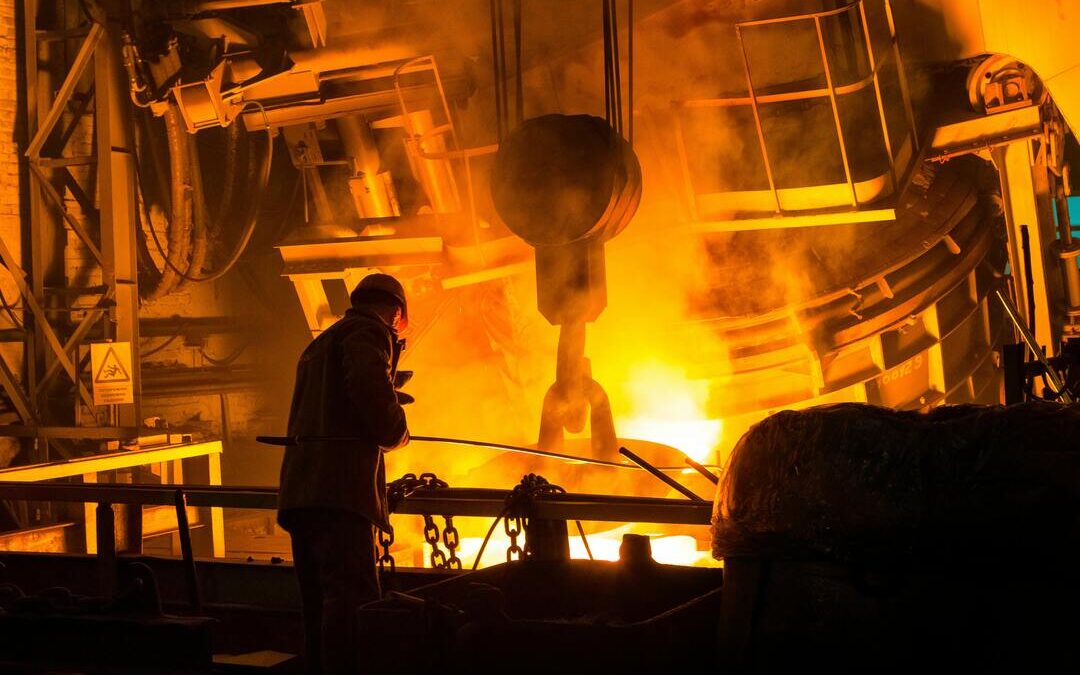SAIL Takes a Leap Toward Carbon Neutrality with Biochar
SAIL’s groundbreaking use of biochar marks a significant step towards reducing carbon emissions in steel production.
Steel Authority of India Ltd. successfully initiated the use of biochar on Saturday, advancing its commitment to reducing carbon emissions in steel production.
According to the United News of India, the public sector company undertook the experiment in a blast furnace of Rourkela Steel Plant in collaboration with its technology arm, Research & Development Center for Iron & Steel in Ranchi.
The news agency reported that Atanu Bhowmick, director in charge of RSP, charged the first biochar during the historic trial of biochar injection on Aug.24.
Biochar, a carbon-rich material produced from biomass pyrolysis, enhances energy efficiency in steelmaking processes by partially replacing traditional pulverized coal injection in blast furnaces.
As biomass originates from plants and animals, biochar also addresses concerns of reducing landfills and mitigating climate change.
“We are proud to be at the forefront of this transformative initiative in the entire SAIL. By integrating biochar into our operations, we are taking a significant step towards reducing our carbon footprint and advancing our commitment to sustainable development,” said RSP’s Bhowmick.
SAIL has been exploring innovative solutions such as the use of biochar, a stable form of carbon derived from biomass through a process known as pyrolysis.
Laboratory studies and trials conducted by RDCIS have identified babool and bamboo-based biochar as suitable replacements for PCI coal.
These materials, derived from fast-growing, carbon dioxide-absorbing trees and plants, are considered carbon neutral and are abundant in various regions of India.
Sharad Suryawanshi, executive director of SAIL, who was present at the occasion, highlighted the importance of this initiative in achieving the steel plant’s carbon-neutral goal.
Read more:
Indian Steelmakers to Meet Global Emission Standards by 2030; Says Crisil
Nirmal Menon
Related posts
Subscribe
Error: Contact form not found.


